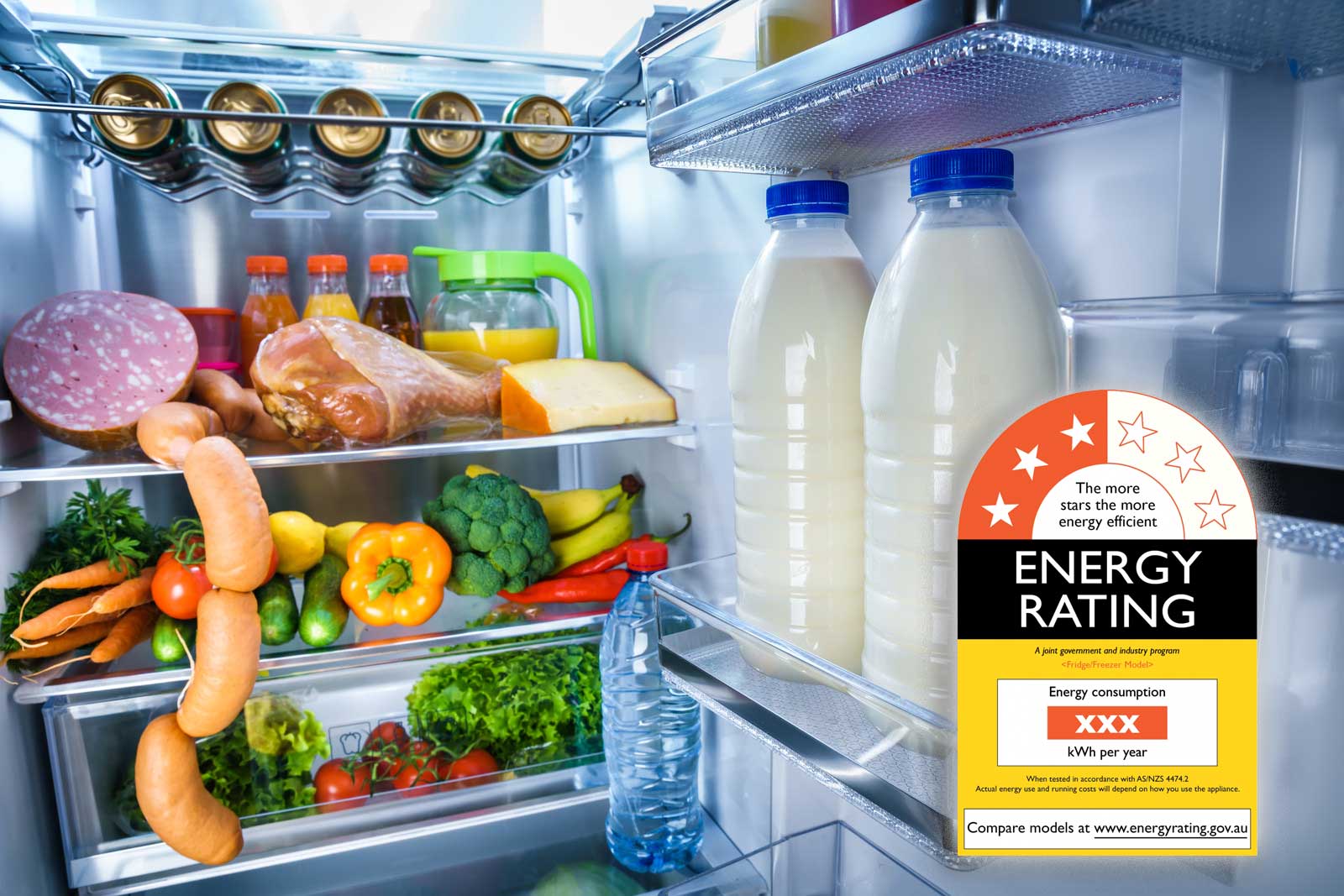
Mastering Refrigerator Efficiency: A Cool Guide
Efficient cooling in your refrigerator is not only essential for preserving food but also for minimizing energy consumption. Explore practical tips and insights to enhance Refrigerator Efficiency and ensure optimal performance in your kitchen.
Choosing the Right Temperature Settings
The journey to refrigerator efficiency begins with setting the right temperature. Aim for a temperature between 37°F (3°C) and 40°F (5°C) in the main compartment and around 0°F (-18°C) in the freezer. These temperatures provide an ideal environment for food preservation while minimizing energy usage.
Regularly Defrosting Your Freezer
Frost buildup in the freezer can decrease the efficiency of your refrigerator. Regularly defrosting the freezer not only ensures proper airflow but also helps maintain optimal temperature levels. Manual defrosting may be required for older models, while newer models often come with automatic defrost features.
Organizing Items for Proper Air Circulation
Efficient air circulation is crucial for maintaining consistent temperatures. Organize items within the refrigerator to allow air to flow freely. Avoid overpacking shelves and drawers, as this can block airflow and lead to uneven cooling. Proper organization contributes to both efficiency and food freshness.
Checking and Sealing Door Gaskets
Damaged or worn-out door gaskets can result in cold air escaping and warm air entering the refrigerator, leading to increased energy consumption. Regularly inspect the door gaskets for any signs of wear, tearing, or damage. Replace them promptly to ensure a tight seal and optimal efficiency.
Cleaning Coils for Improved Heat Exchange
The condenser coils behind or beneath your refrigerator play a crucial role in heat exchange. Over time, these coils can accumulate dust and debris, hindering the heat exchange process. Regularly clean the coils to facilitate efficient cooling. Use a vacuum cleaner or a coil brush for effective cleaning.
Using Energy-Saving Features
Many modern refrigerators come equipped with energy-saving features. Take advantage of these options to enhance efficiency. Features such as energy-efficient compressors, LED lighting, and smart sensors contribute to reduced energy consumption without compromising cooling performance.
Avoiding Warm Food Storage
Placing warm or hot food directly into the refrigerator can lead to increased energy usage. Allow hot dishes to cool to room temperature before placing them in the refrigerator. This prevents the appliance from working harder to cool down the internal temperature, promoting energy efficiency.
Regular Maintenance and Cleaning
Routine maintenance is key to refrigerator efficiency. Keep the interior clean, promptly address spills, and regularly clean removable components. Additionally, ensure that the refrigerator is on a level surface to prevent strain on the compressor. These simple maintenance steps contribute to long-term efficiency.
Checking and Adjusting Thermostat Settings
Monitor the thermostat settings of your refrigerator and adjust them based on the changing seasons. During cooler months, consider slightly raising the temperature settings to conserve energy. Conversely, in warmer months, lower the settings to maintain optimal cooling without overworking the appliance.
Investing in an Energy-Efficient Model
If you’re in the market for a new refrigerator, consider investing in an energy-efficient model. Look for appliances with ENERGY STAR certification, which indicates compliance with strict efficiency standards. While the initial cost may be higher, the long-term energy savings make it a worthwhile investment.
Explore Refrigerator Efficiency Tips
To explore more tips and resources for maximizing Refrigerator Efficiency, visit Refrigerator Efficiency. Discover insights, product reviews, and guidance to keep your refrigerator running efficiently while minimizing its environmental impact.
In conclusion, mastering refrigerator efficiency involves a combination of smart practices, regular maintenance, and choosing energy-efficient appliances. By implementing these tips, you not only enhance the performance of your refrigerator but also contribute to energy savings and a more sustainable kitchen.
